Meta data: artists reflect on Hollywood, mass media and the art world in new show
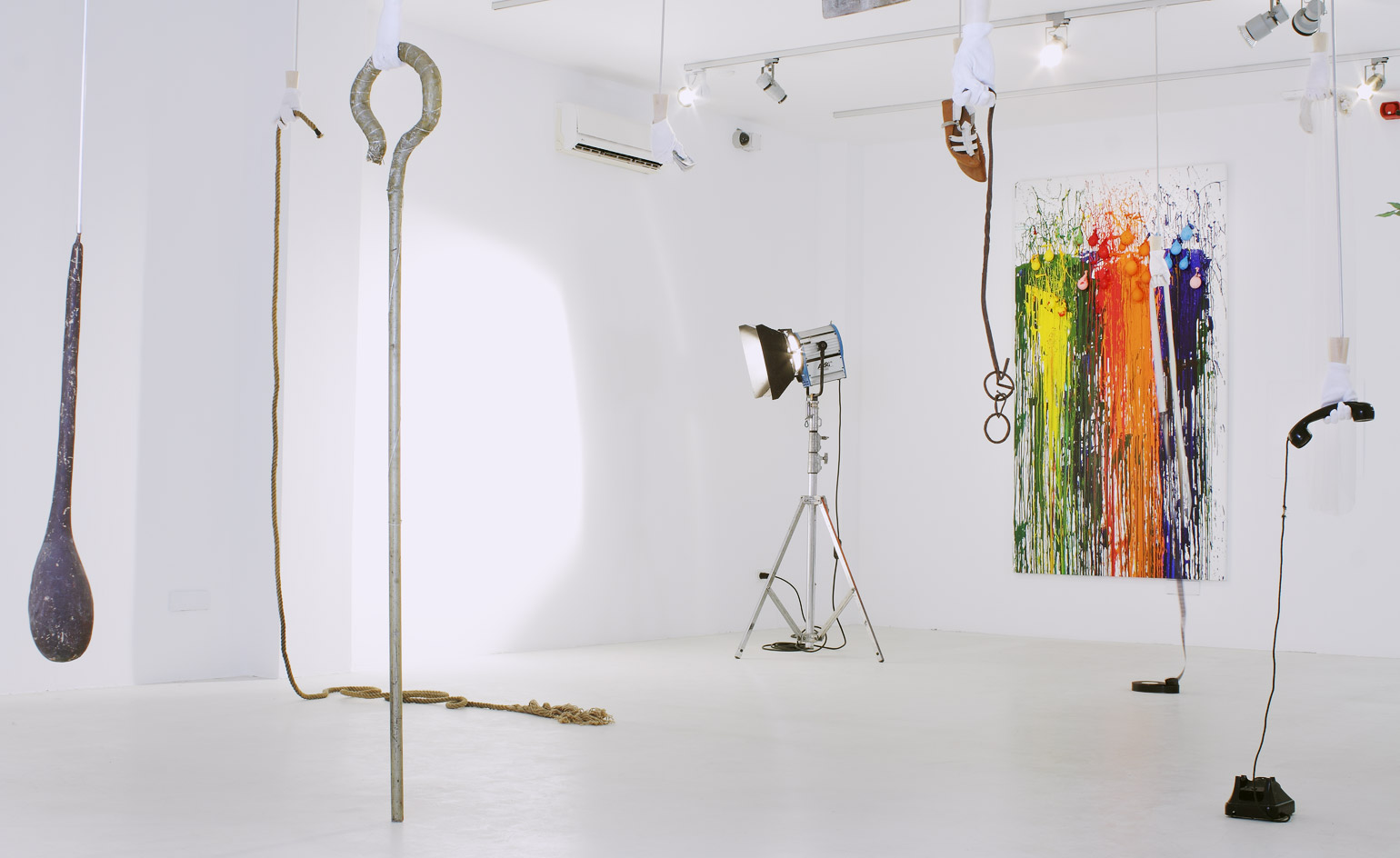
The way that art is depicted in mass media is both intriguing and revealing. In cinema, precious artworks are placed at the centre of emotionally charged scenes. They become plot drivers, often the cause of grief or the subject of aggression. Likewise, artists are typically portrayed as emotionally unstable, often outcast by society.
‘It’s interesting to see what Hollywood believes contemporary art should look like and what it believes the artist should look like,’ says Simon Castets, director of New York gallery Swiss Institute. ‘The male artist is usually a Dionysian, womanising, alcoholic genius and women are highly sexualised – they can’t help but make art, they can’t control themselves both creatively and sexually. It’s very sexist.’
Intrigued by this clichéd representation, Castets broached the topic last year with the exhibition ‘FADE IN: INT. ART GALLERY – DAY’, where participating artists were asked to reclaim the manner in which art is represented on screen, whether as props, set dressings, plot devices, or character cues.
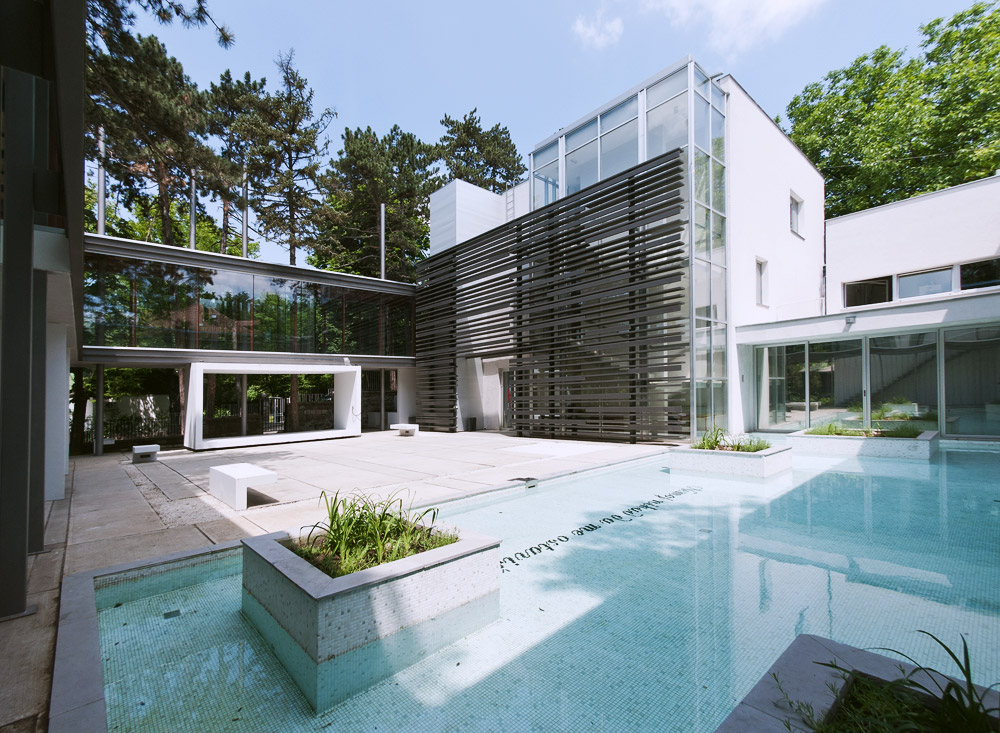
Exterior view of Gallery-Legacy Čolaković in Belgrade
For 2017, Castets has staged a sequel, this time at a former modernist residence in Belgrade. Showcasing the work of 21 artists, including nine new productions commissioned and selected in close collaboration with independent curator Julie Boukobza, the show has been produced by Balkan Projects – a new initiative led by LA-based Serbian actress Marija Karan, which aims to bring the Balkan art scene to an international stage.
As well as artists who participated in the first showcase, such as William Leavitt and Mathis Gasser, this Belgrade-based follow-up stars a number of Balkan artists, who bring a new and unique viewpoint to the subject. ‘We really liked thinking about it as a sequel,’ says Castets of the new approach. ‘It’s an entirely different movie but it’s the same storyline.’
‘This time, it was about engaging with the rich history of ex-Yugosalvian cinema and working with a number of artists from the Balkans. This is what is at the heart of [Balkan Projects] – to foster cultural dialogue and to also give an occasion to artists from the ex-Yugosalvian diaspora, such as Aleksandra Domanovic, Darja Bajagić and Bojan Šarčević, to return to the region with a different perspective. And that’s been very inspiring.’
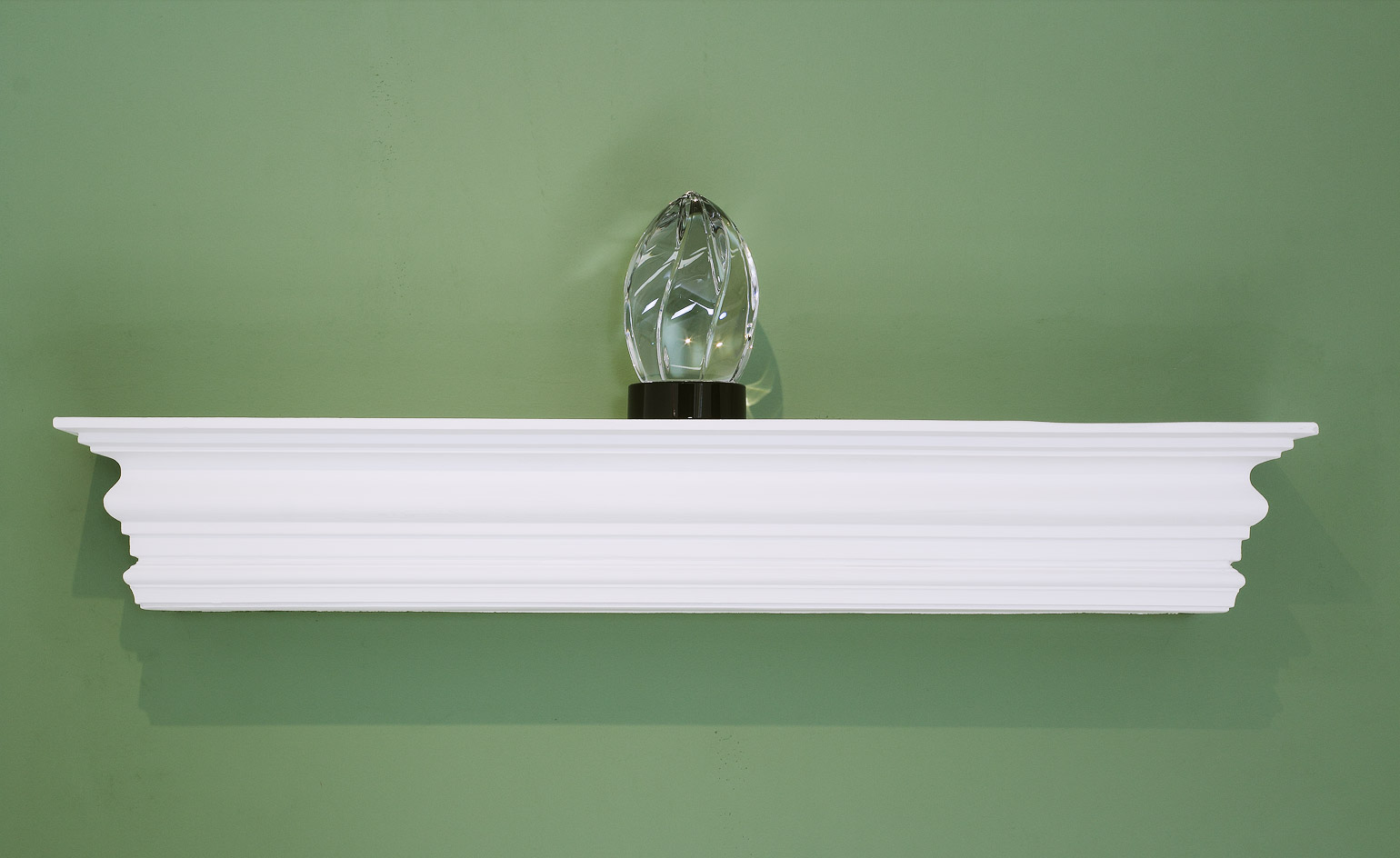
Risky Buisiness, 2014-15, by Alex Israel
Titled ‘FADE IN 2: EXT. MODERNIST HOME — NIGHT’, the exhibition is staged at the city’s cinematic Gallery-Legacy Čolaković – the former residence of collectors Milica Zorić and Rodoljub Čolaković, which was bequeathed by the couple to the Museum of Contemporary Art, Belgrade, along with their private collection. Opened to the public in 1990, the venue has its own storied history – most dramatically in 1998, when its courtyard was the site of the assassination of Serbian gangster Darko Ašanin.
‘For me it was very important to engage with the courtyard space,’ explained Boukobza, who together with Castets, conceived the show’s summer evening opening to mimic what a Hollywood interpretation of an art exhibition opening would look like.
With a string quartet playing to the assembled guests in the background, the courtyard’s shallow, sun dappled pool played host to a fire-breathing, Jacques Tati-inspired fountain by Swiss artist Tobias Spichtig. All around it, topless male models clad in jeans waded about the water, stoppin occasionally to paint Modigliani portraits on each other’s backs. The scene, conceived by German artist Danai Anesiadou was inspired by Denys de La Patellière’s 1968 film Le Tatoué, in which a wealthy art dealer discovers a Modigliani portrait tattooed on the back of an old, aristocratic legionnaire.
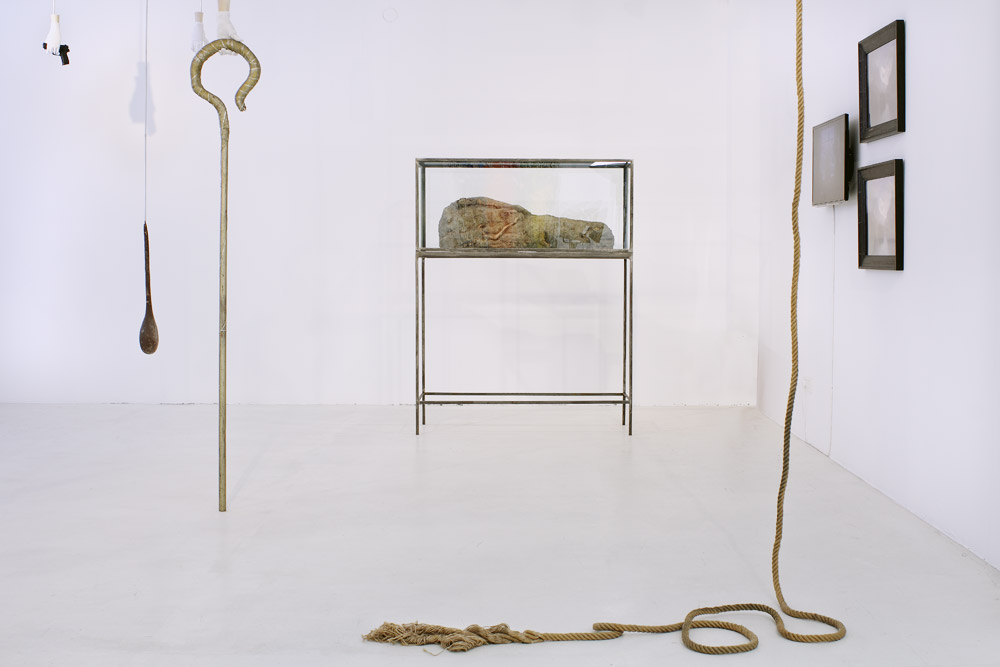
Installation view of ‘FADE IN 2: EXT. MODERNIST HOME — NIGHT’
Up above, wrapping the courtyard’s walls, a repeating poste design by Serbian-born Raša Todosijević advertises a film titled Murder that was never made – a chilling acknowledgement of the location’s violent history. ‘It felt like being in a movie,’ reflected Boukobza of the opening night. ‘It was a representation of what an art performance is – it was about creating a cliché; a mise en abyme.’
Inside, video installations such as Christian Marclay’s film montage provided further analysis of the topic. Called Made to be Destroyed, Marclay pieces together high octane clips of art in movies; Clive Owen battles through a frenetic shoot out in the Guggenheim, Christian Bale sets fire to the Mona Lisa and Jack Nicholson’s Joker gleefully dances through a Gotham City gallery, defacing and destroying artworks as he goes.
Meanwhile, Benjamin Ramírez Pérez’s film Confluence pays homage to Doris, a Serbian singer and former child star who rose to prominence in 1992 with a song written to benefit orphans of the Yugoslav Wars.
‘It’s a new chapter in the Balkan art scene,’ said Balkan Projects founder Karan. ‘I want to consider what the contemporary Balkan art scene currently lacks and how I can help to galvanise its energies, applying my working knowledge of one cultural industry to help build another. There is so much potential from young artists here, they just need the platform.’
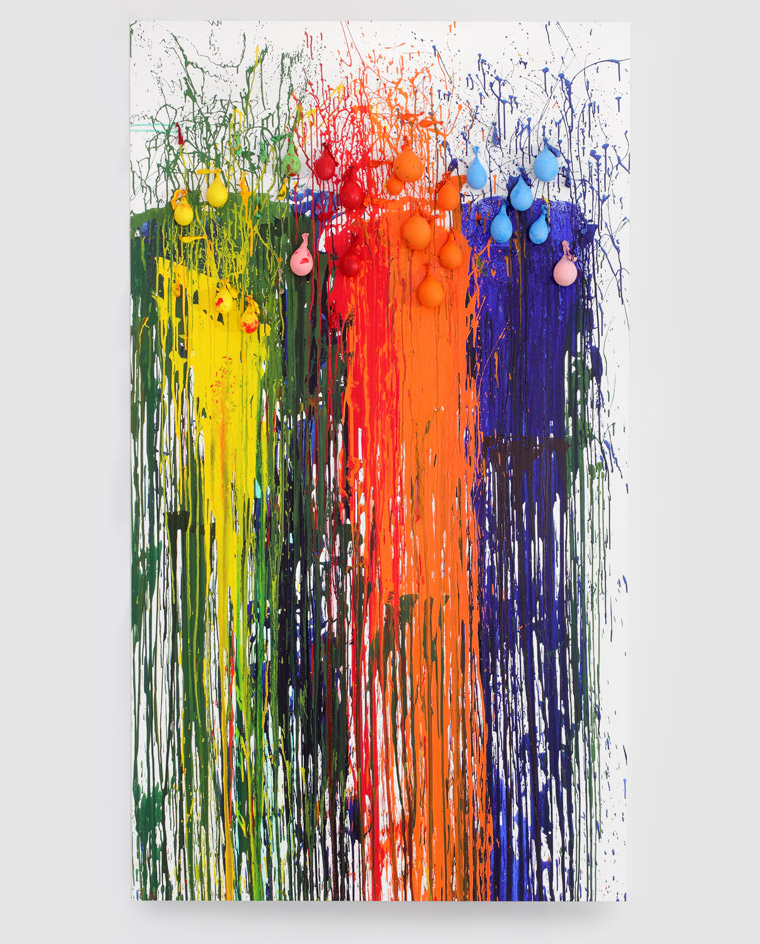
Walt Disney Productions 2001-2016 (The Princess Diaries), 2016, by Bertrand Lavier. Courtesy of the artist
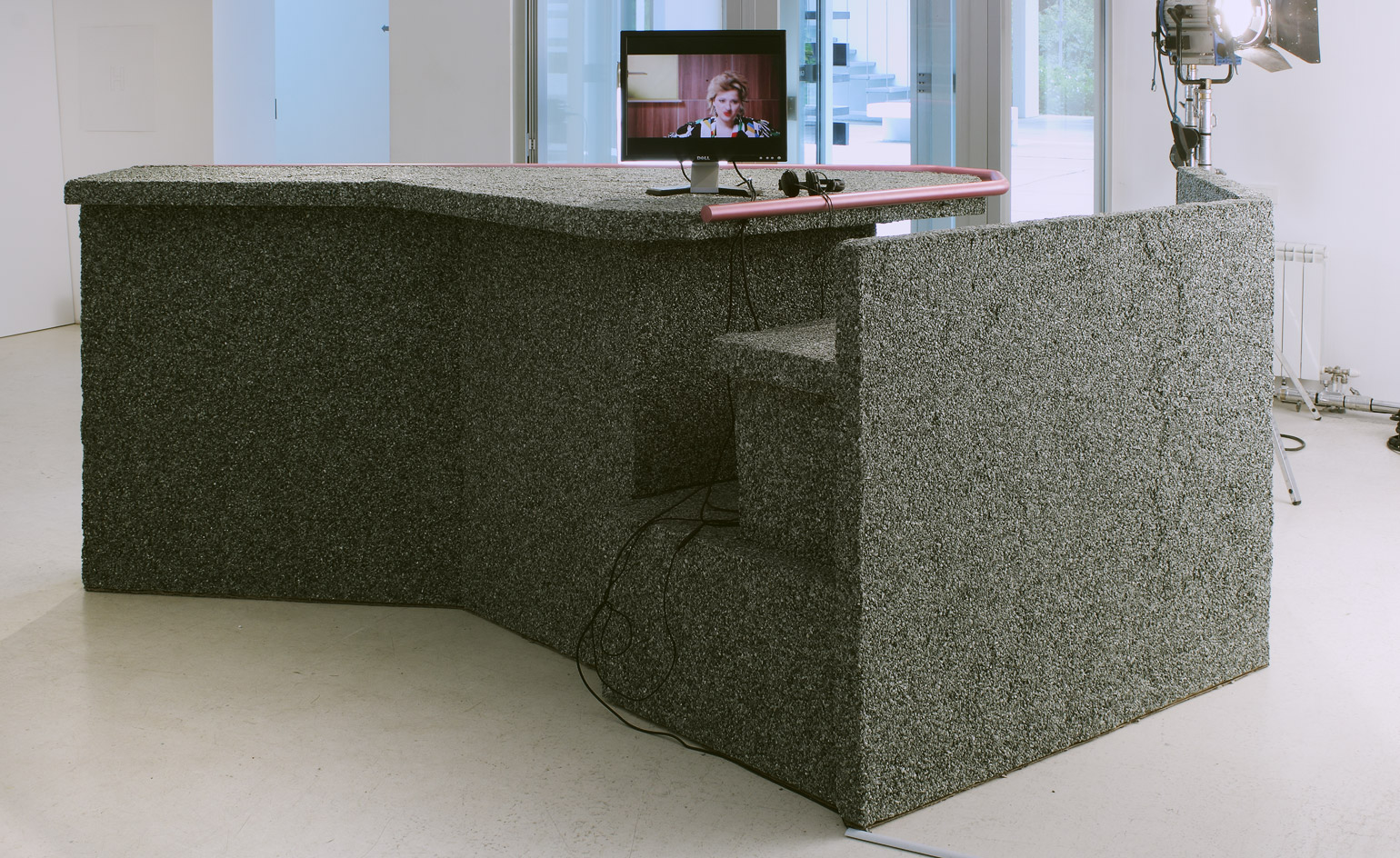
exhibition element (MA-SARCB-00075), 2016, by Bojan Šarčević; and Confluence, 2017, by Benjamin Ramírez Pérez and Stefan Ramírez Perez. Courtesy of the artists and Stuart Shave / Modern Art, London
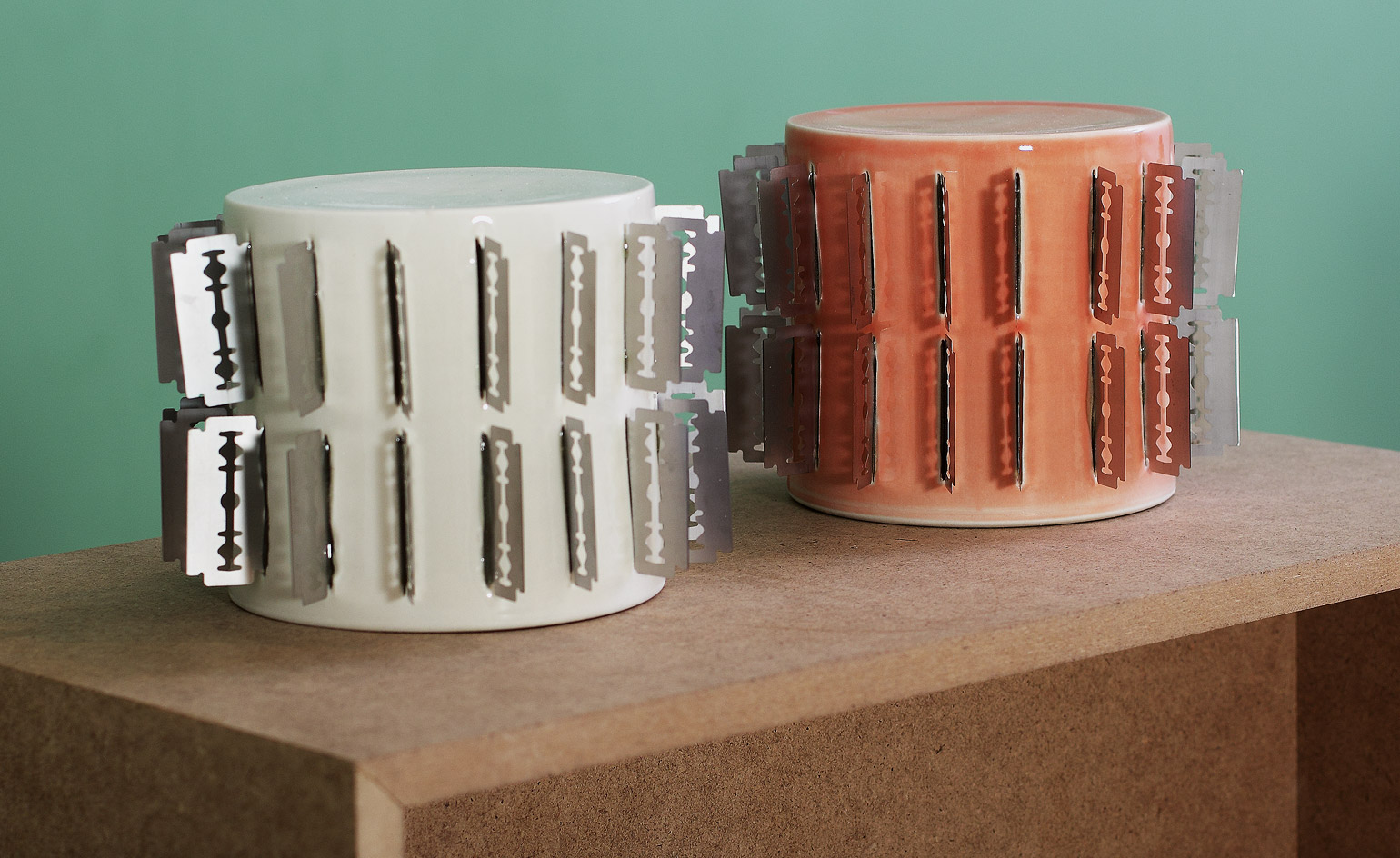
Detail of La Collectionneuse, 2016, by Carissa Rodriguez. Courtesy of the artist and Karma International
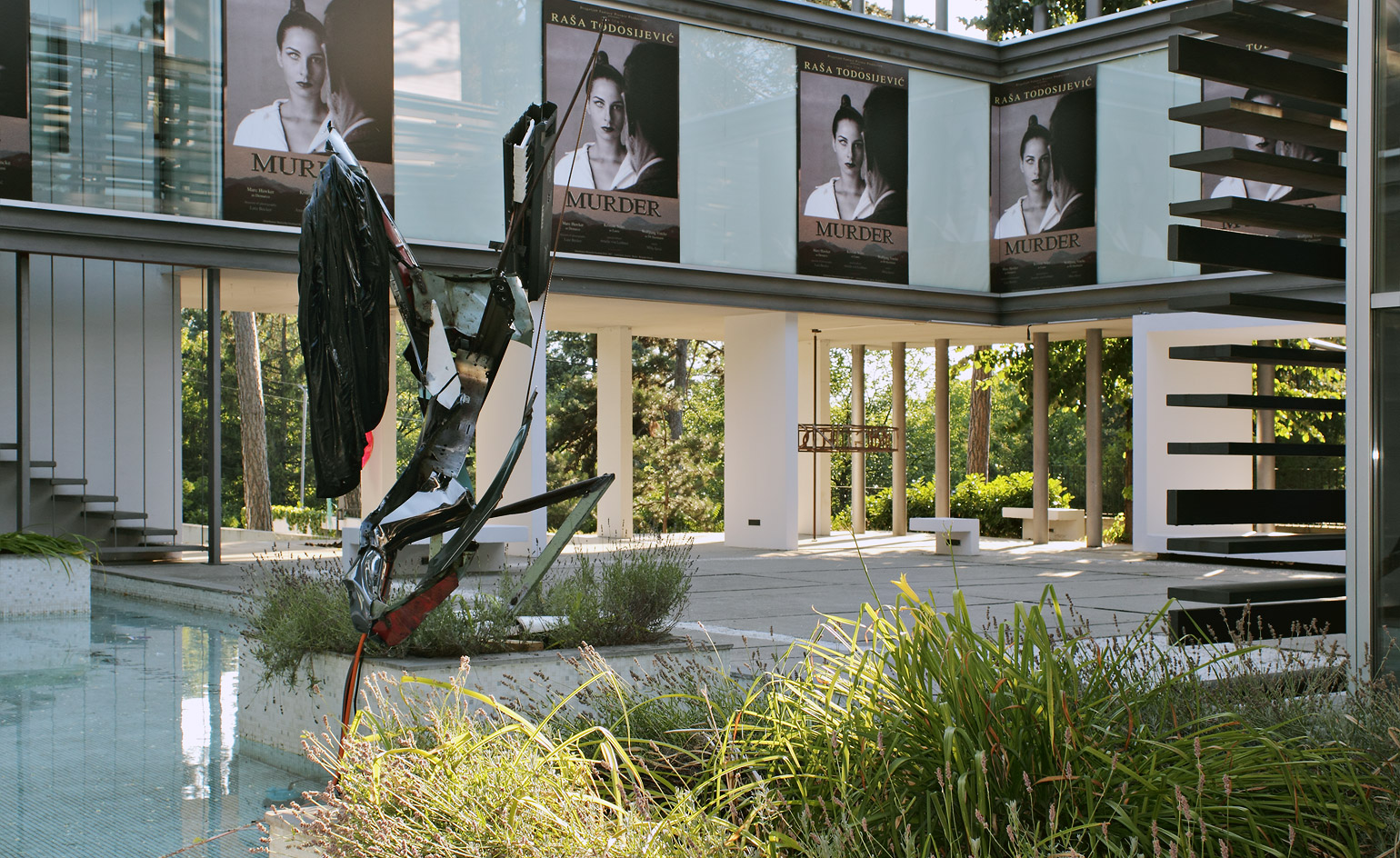
Installation view of ‘FADE IN 2: EXT. MODERNIST HOME — NIGHT’
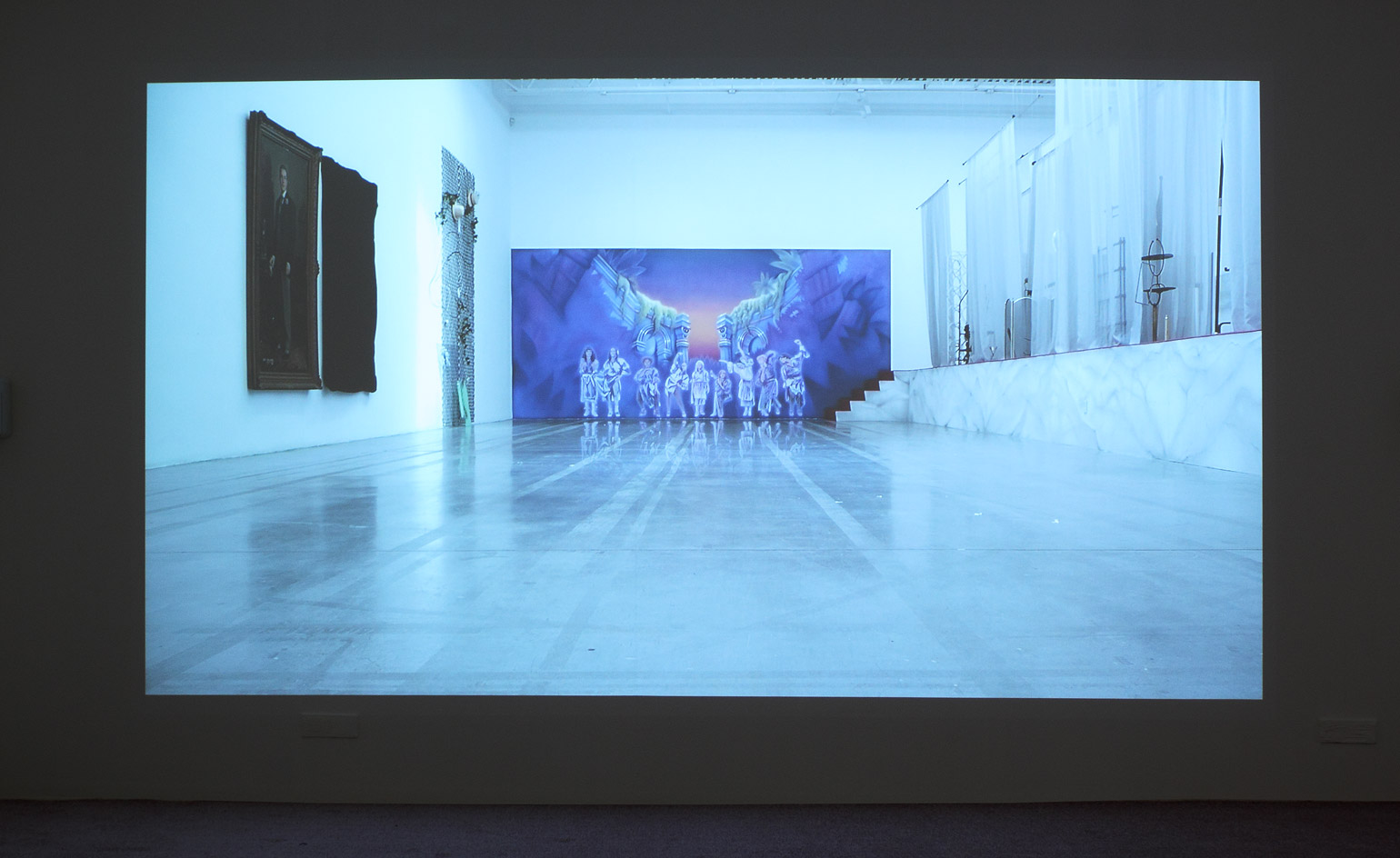
Body Double 35, After Xanadu (1980), 2016-17, by Brice Dellsperger. Courtesy of Air de Paris, Paris and Team Gallery, New York
INFORMATION
‘FADE IN 2: EXT. MODERNIST HOME — NIGHT’ is on view until 21 August. For more information, visit the Museum of Contemporary Art Belgrade website
ADDRESS
Receive our daily digest of inspiration, escapism and design stories from around the world direct to your inbox.
Museum of Contemporary Art Belgrade
Gallery-Legacy of Milica Zorić & Rodoljub Čolaković
2 Rodoljuba Čolakovića Street
Belgrade
Ali Morris is a UK-based editor, writer and creative consultant specialising in design, interiors and architecture. In her 16 years as a design writer, Ali has travelled the world, crafting articles about creative projects, products, places and people for titles such as Dezeen, Wallpaper* and Kinfolk.
-
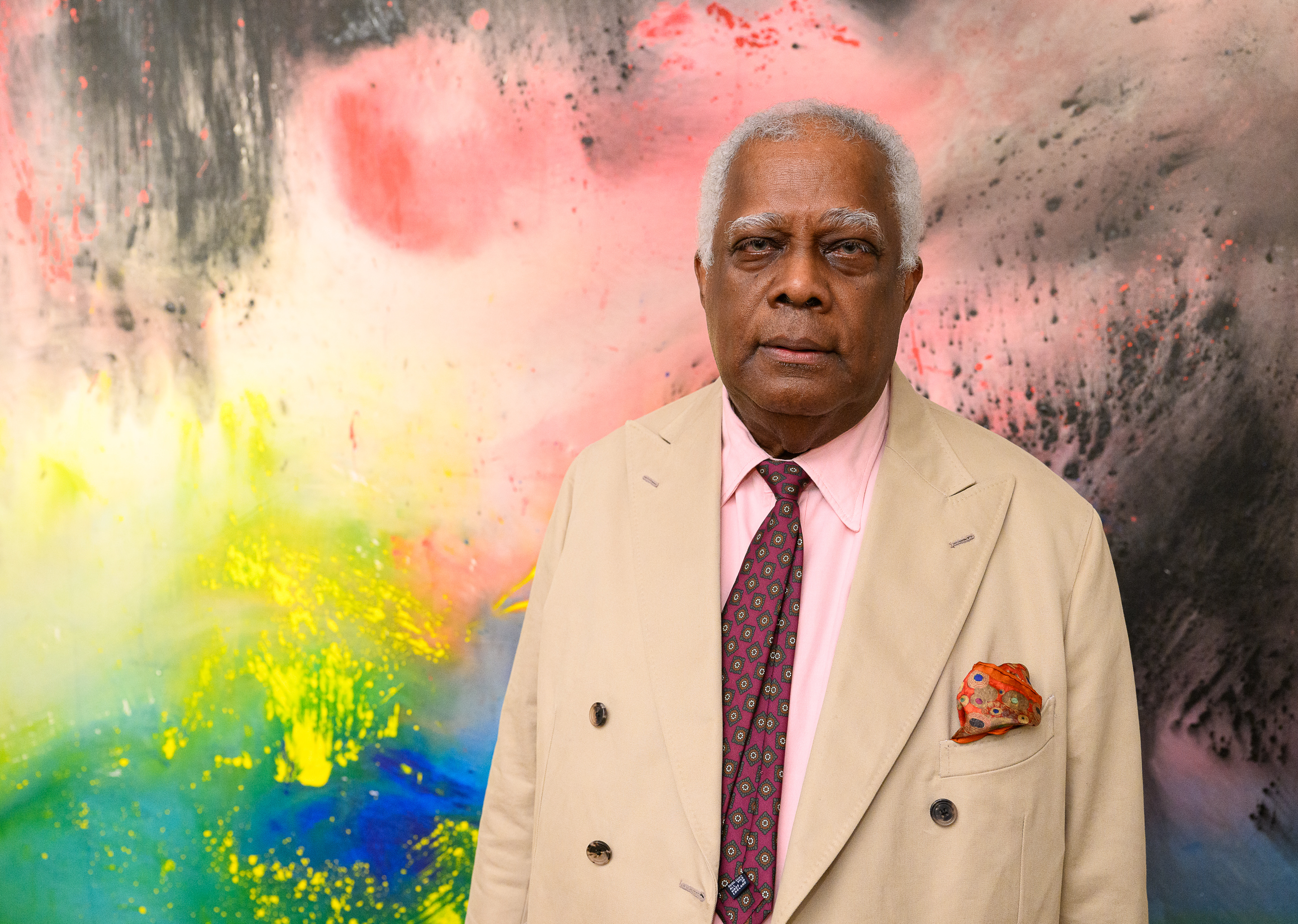 Winston Branch searches for colour and light in large-scale artworks in London
Winston Branch searches for colour and light in large-scale artworks in LondonWinston Branch returns to his roots in 'Out of the Calabash' at Goodman Gallery, London ,
-
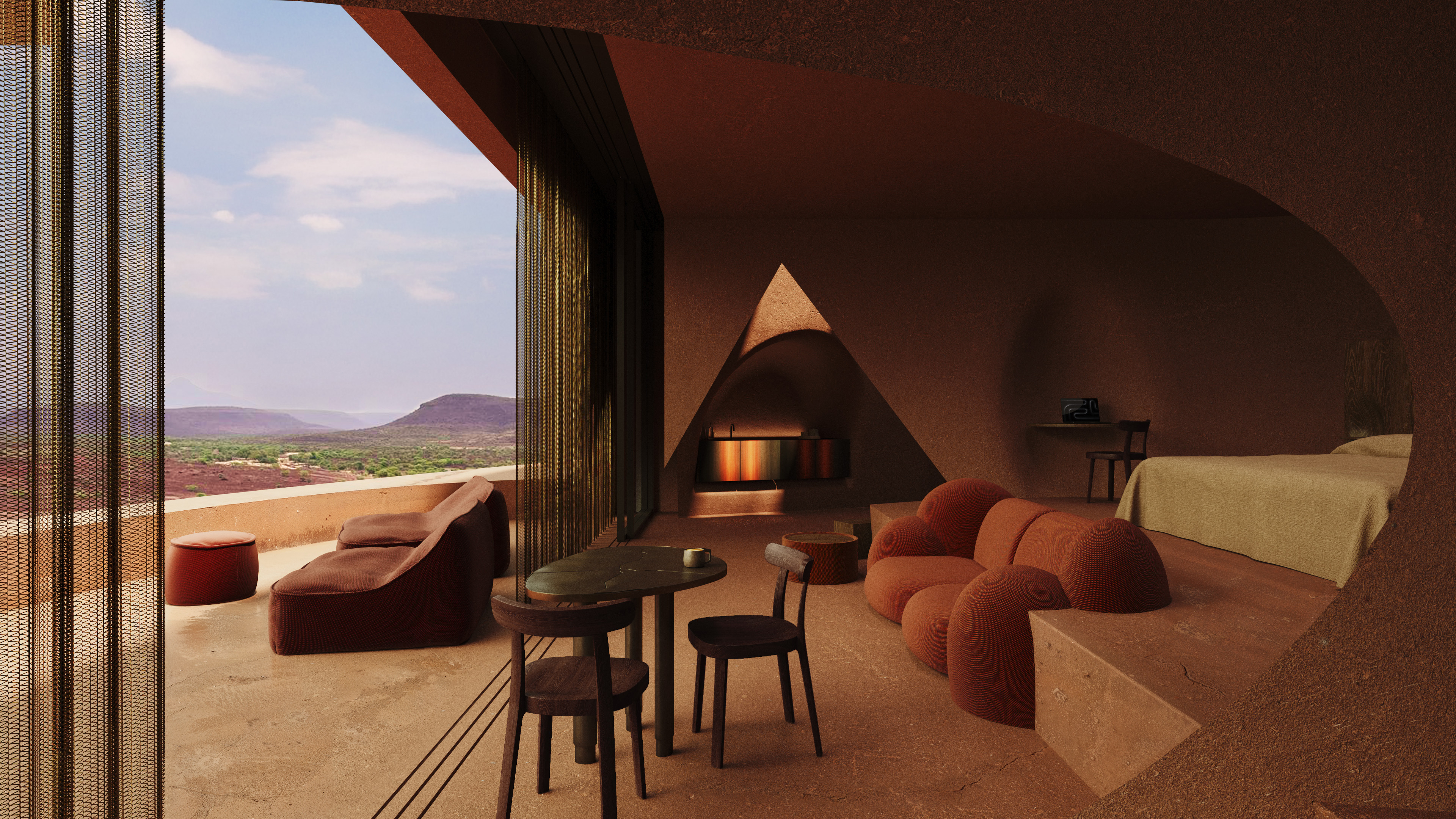 The most anticipated hotel openings of 2026
The most anticipated hotel openings of 2026From landmark restorations to remote retreats, these are the hotel debuts shaping the year ahead
-
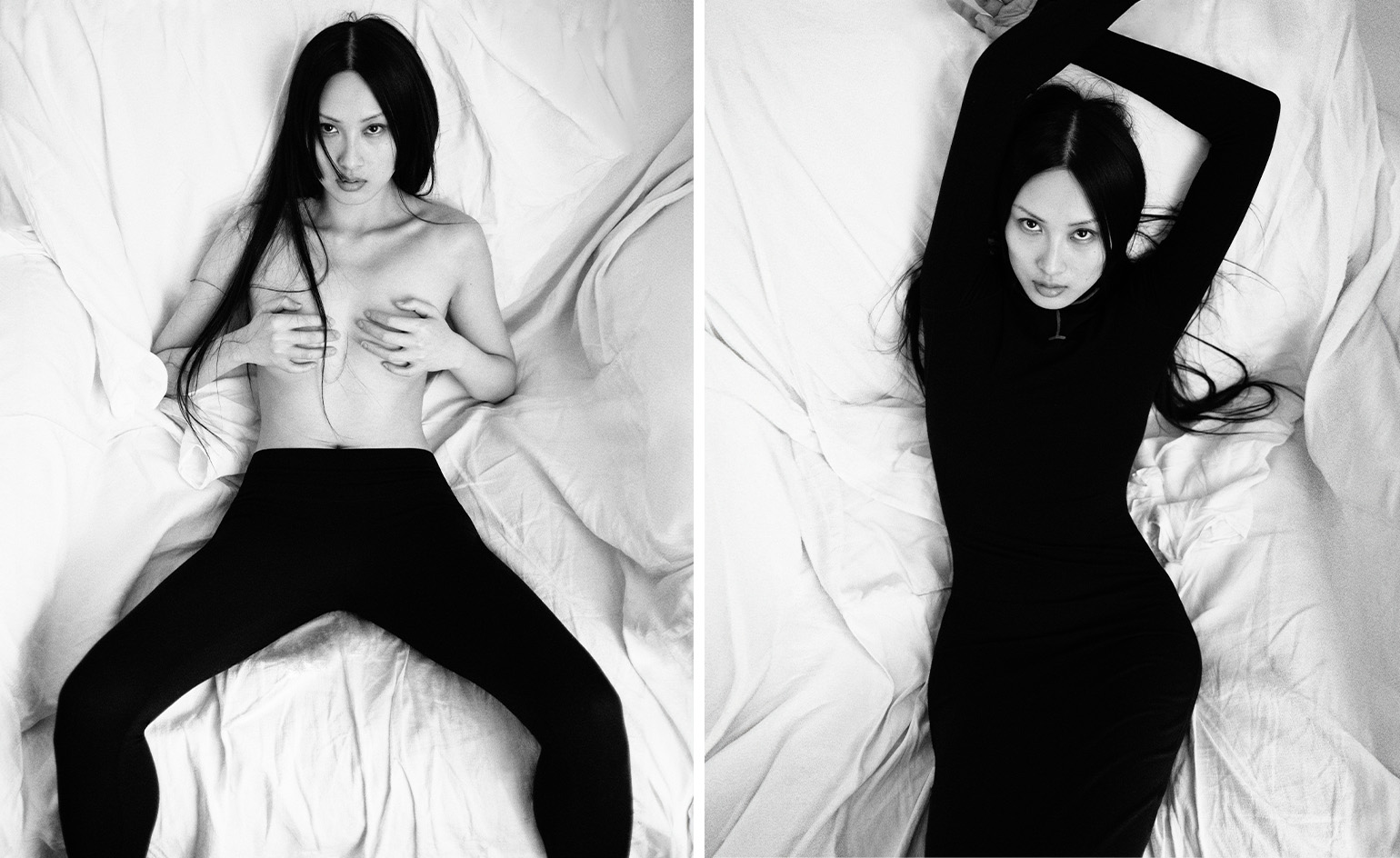 Is the future of beauty skincare you can wear? Sylva’s Tallulah Harlech thinks so
Is the future of beauty skincare you can wear? Sylva’s Tallulah Harlech thinks soThe stylist’s label, Sylva, comprises a tightly edited collection of pieces designed to complement the skin’s microbiome, made possible by rigorous technical innovation – something she thinks will be the future of both fashion and beauty
-
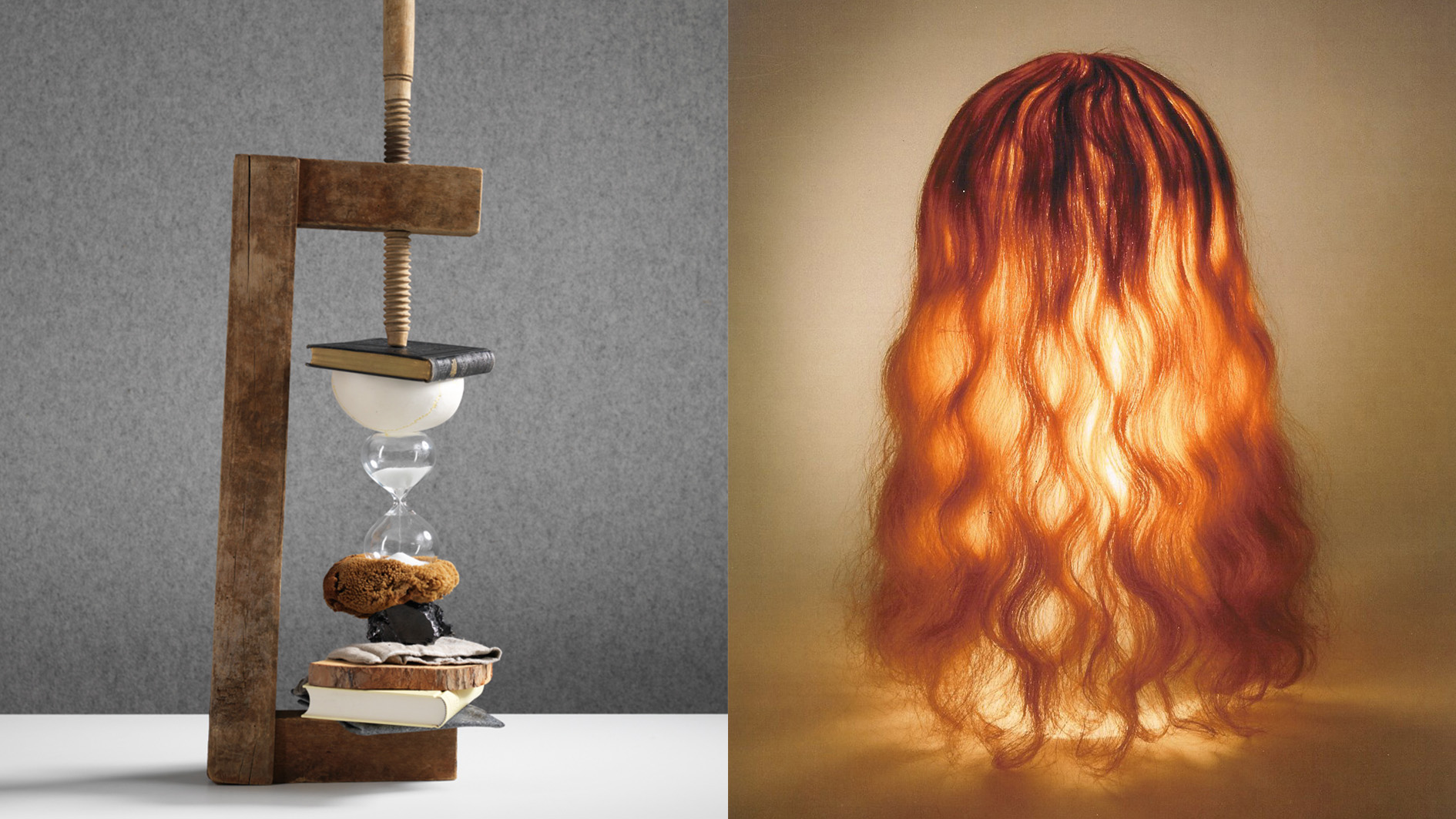 Rolf Sachs’ largest exhibition to date, ‘Be-rühren’, is a playful study of touch
Rolf Sachs’ largest exhibition to date, ‘Be-rühren’, is a playful study of touchA collection of over 150 of Rolf Sachs’ works speaks to his preoccupation with transforming everyday objects to create art that is sensory – both emotionally and physically
-
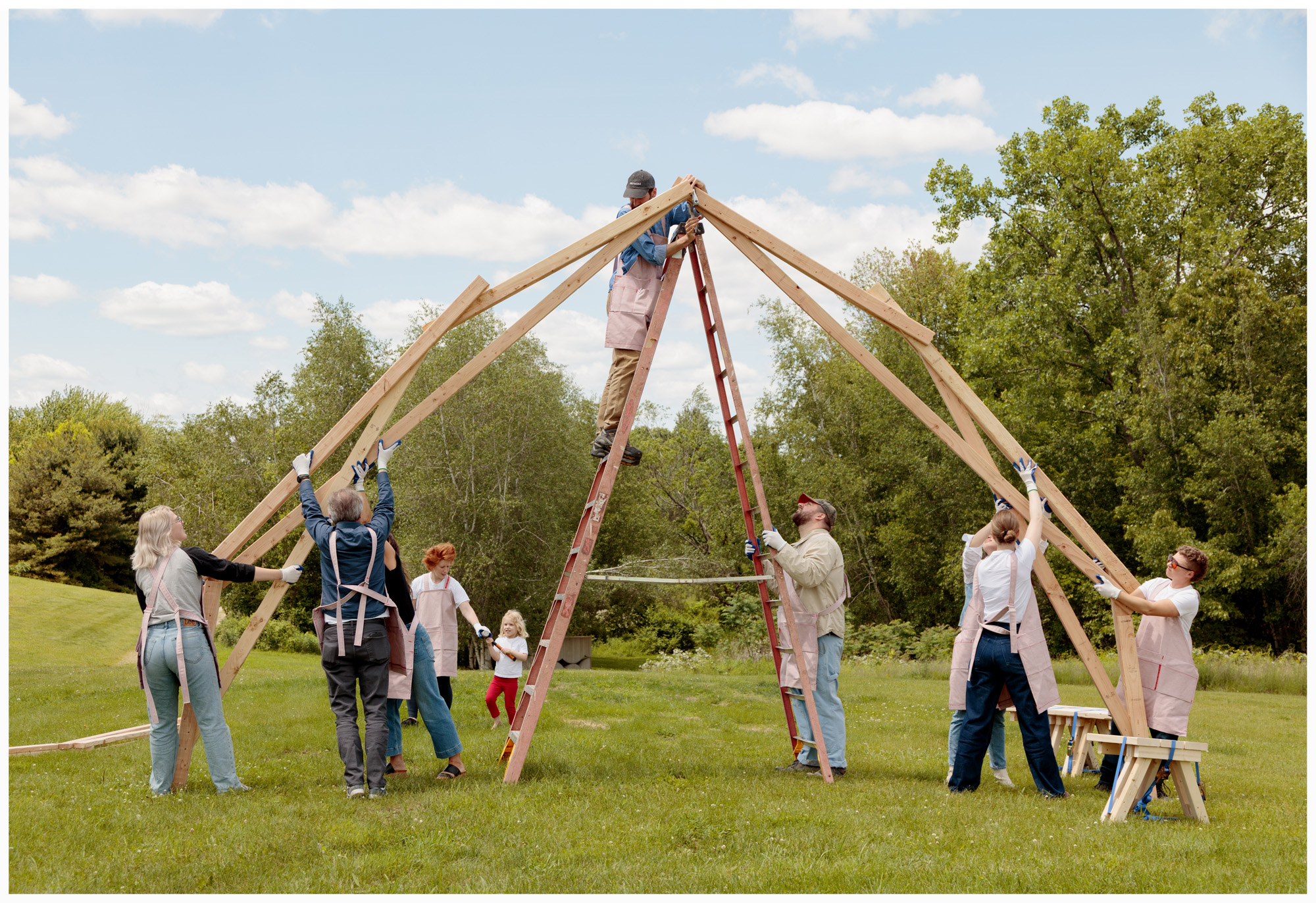 Architect Erin Besler is reframing the American tradition of barn raising
Architect Erin Besler is reframing the American tradition of barn raisingAt Art Omi sculpture and architecture park, NY, Besler turns barn raising into an inclusive project that challenges conventional notions of architecture
-
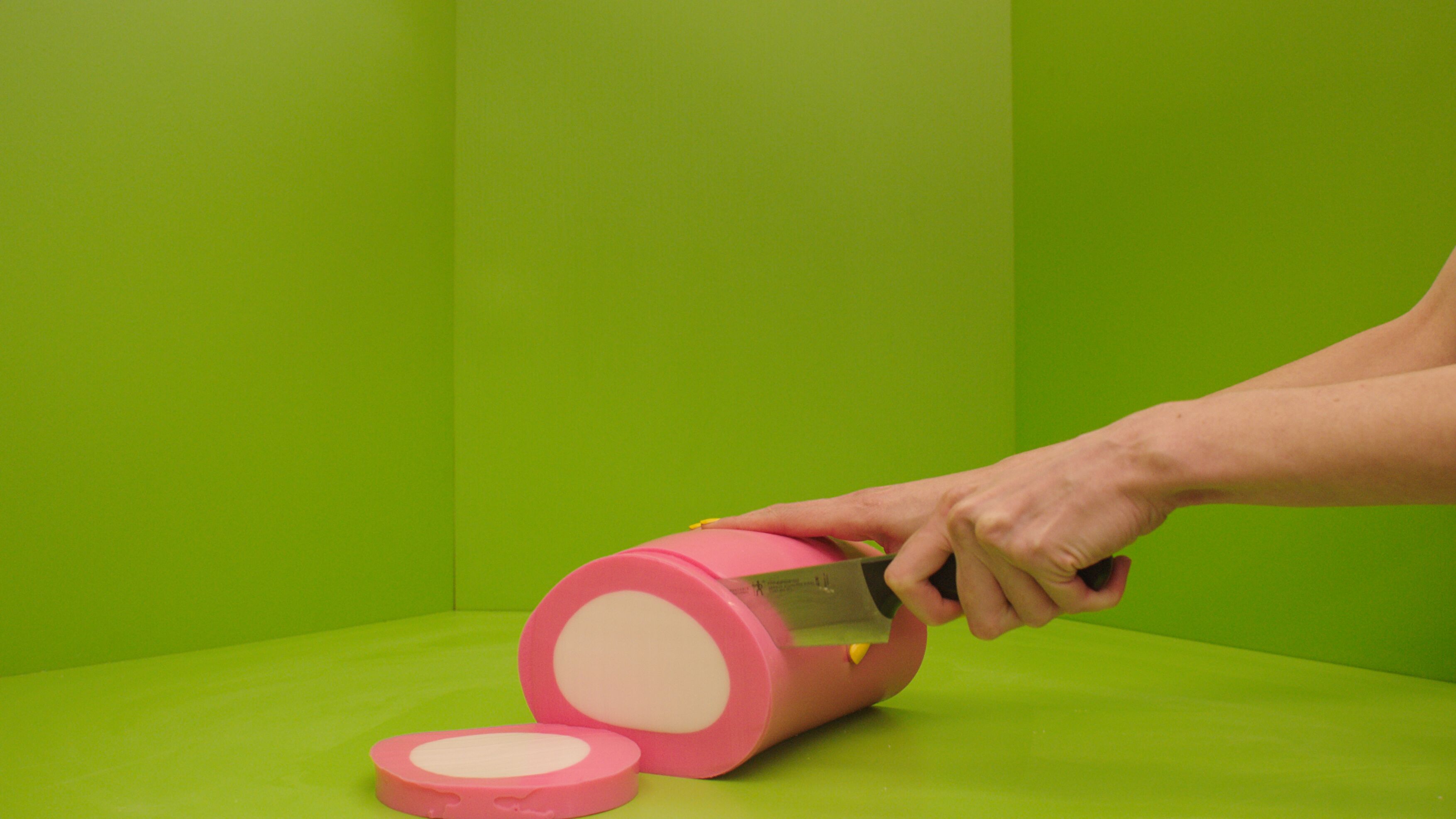 What is recycling good for, asks Mika Rottenberg at Hauser & Wirth Menorca
What is recycling good for, asks Mika Rottenberg at Hauser & Wirth MenorcaUS-based artist Mika Rottenberg rethinks the possibilities of rubbish in a colourful exhibition, spanning films, drawings and eerily anthropomorphic lamps
-
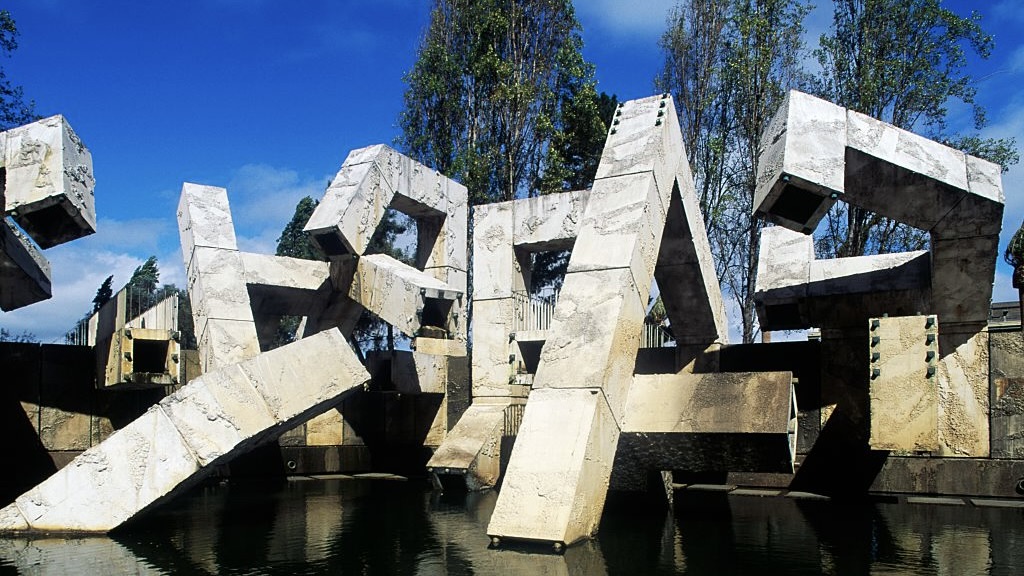 San Francisco’s controversial monument, the Vaillancourt Fountain, could be facing demolition
San Francisco’s controversial monument, the Vaillancourt Fountain, could be facing demolitionThe brutalist fountain is conspicuously absent from renders showing a redeveloped Embarcadero Plaza and people are unhappy about it, including the structure’s 95-year-old designer
-
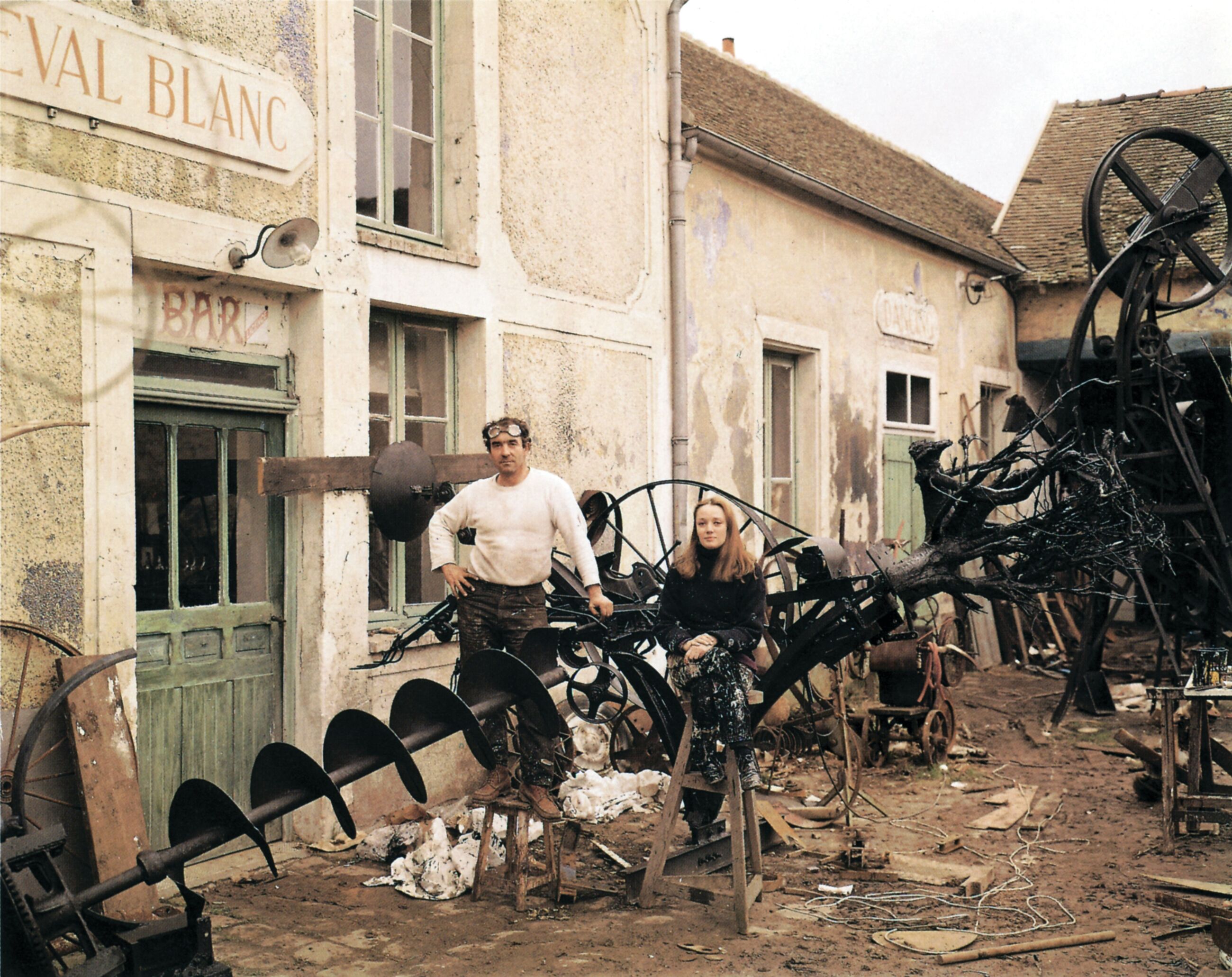 See the fruits of Niki de Saint Phalle and Jean Tinguely's creative and romantic union at Hauser & Wirth Somerset
See the fruits of Niki de Saint Phalle and Jean Tinguely's creative and romantic union at Hauser & Wirth SomersetAn intimate exhibition at Hauser & Wirth Somerset explores three decades of a creative partnership
-
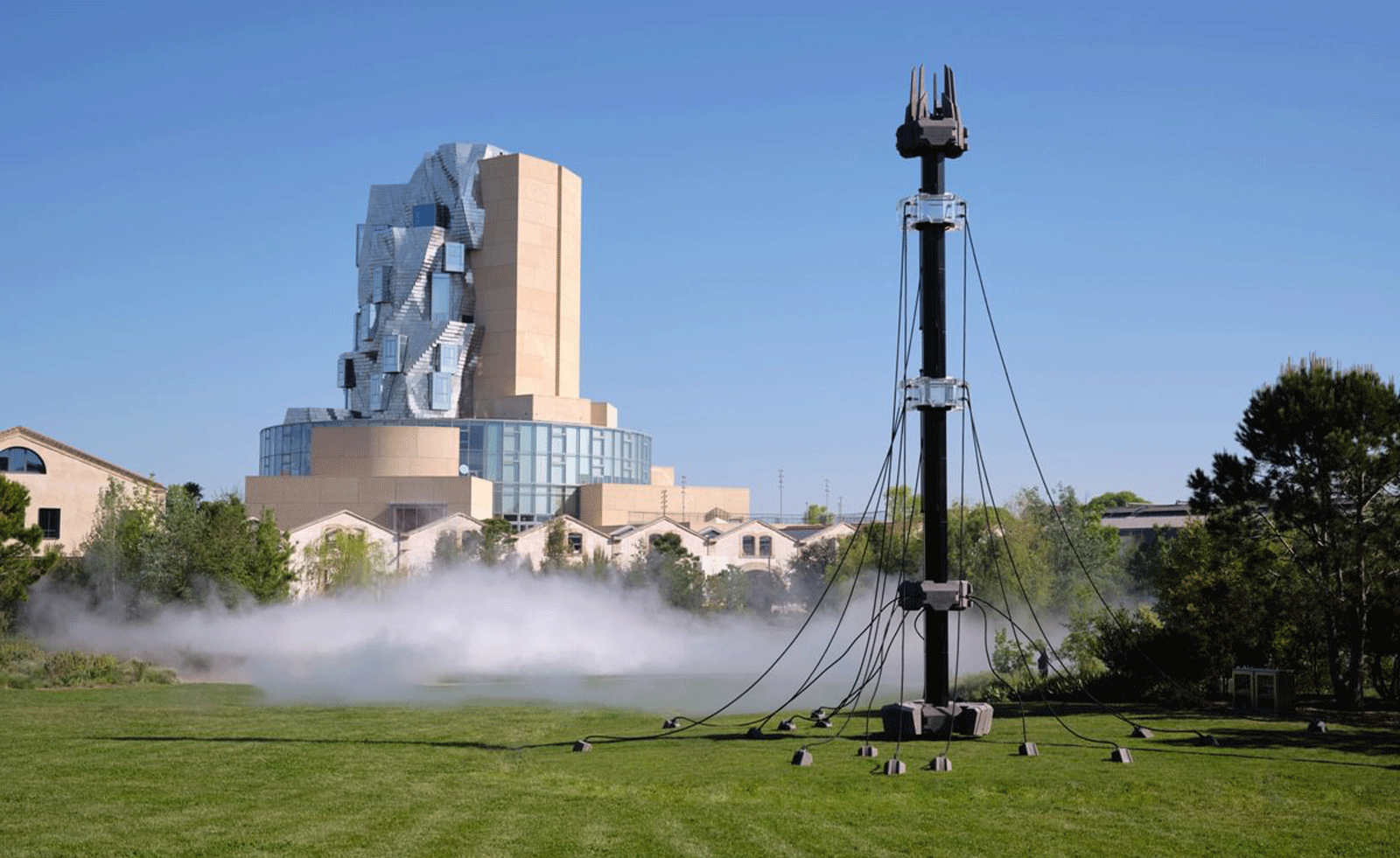 Technology, art and sculptures of fog: LUMA Arles kicks off the 2025/26 season
Technology, art and sculptures of fog: LUMA Arles kicks off the 2025/26 seasonThree different exhibitions at LUMA Arles, in France, delve into history in a celebration of all mediums; Amy Serafin went to explore
-
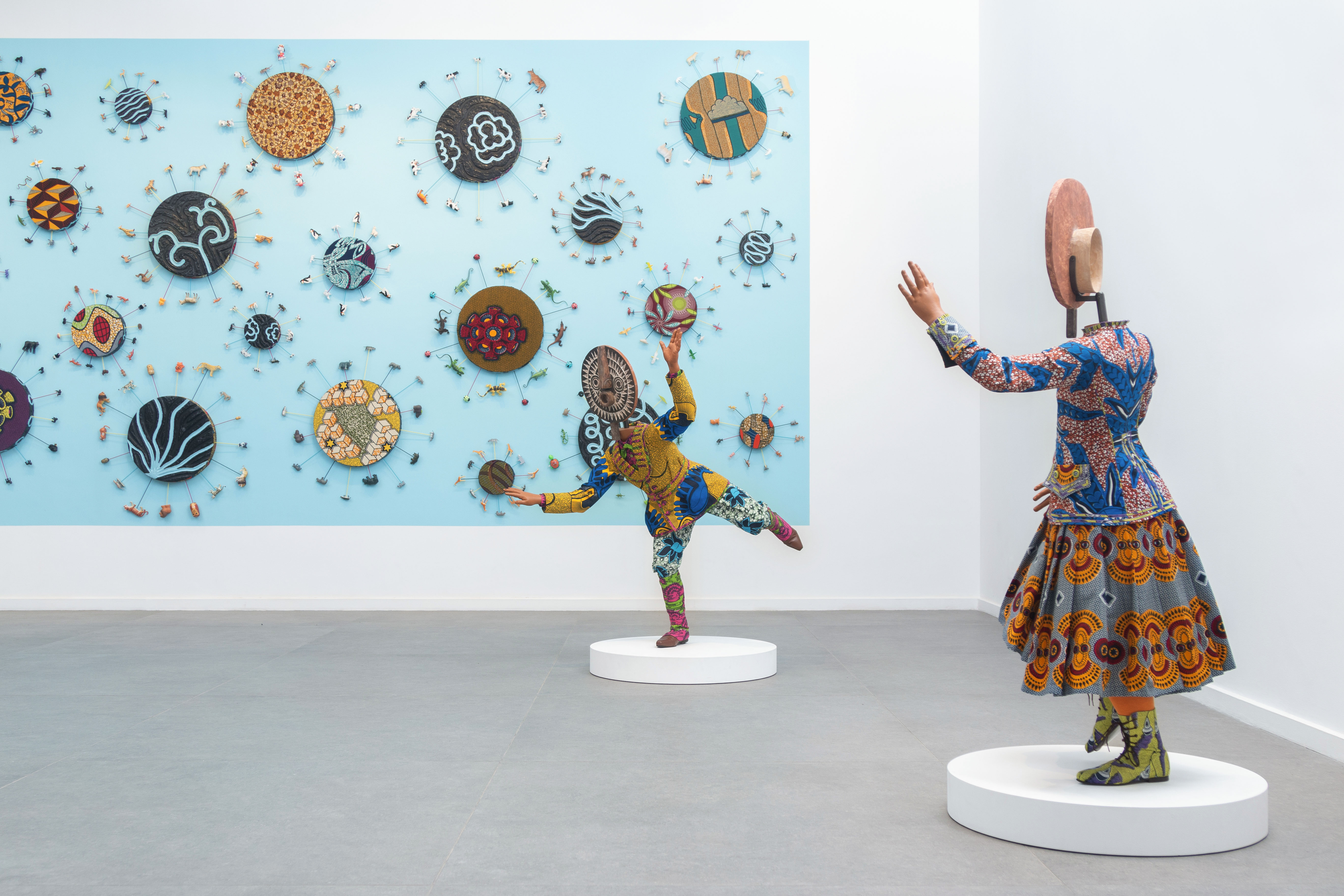 Inside Yinka Shonibare's first major show in Africa
Inside Yinka Shonibare's first major show in AfricaBritish-Nigerian artist Yinka Shonibare is showing 15 years of work, from quilts to sculptures, at Fondation H in Madagascar
-
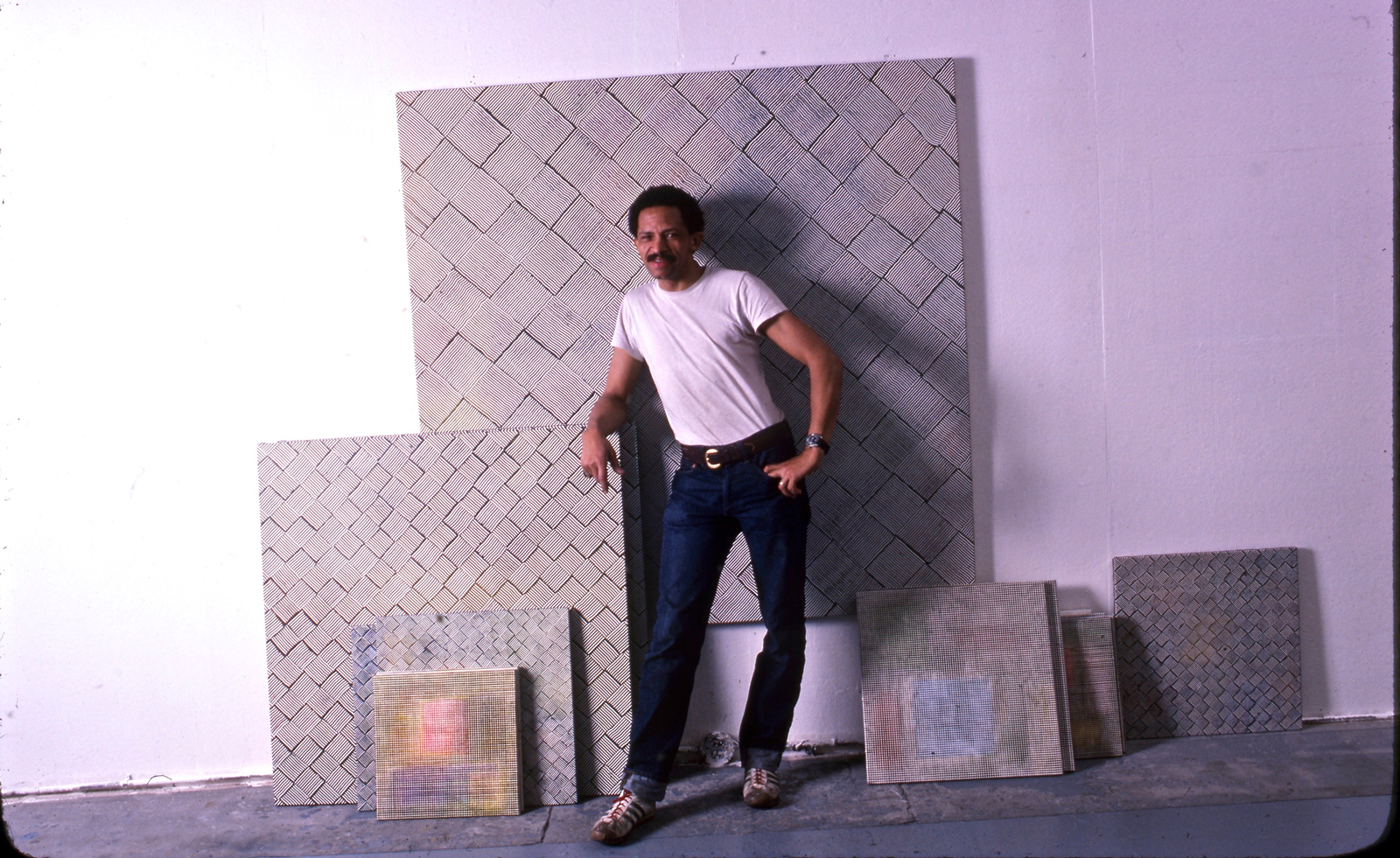 Inside Jack Whitten’s contribution to American contemporary art
Inside Jack Whitten’s contribution to American contemporary artAs Jack Whitten exhibition ‘Speedchaser’ opens at Hauser & Wirth, London, and before a major retrospective at MoMA opens next year, we explore the American artist's impact